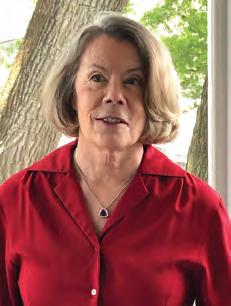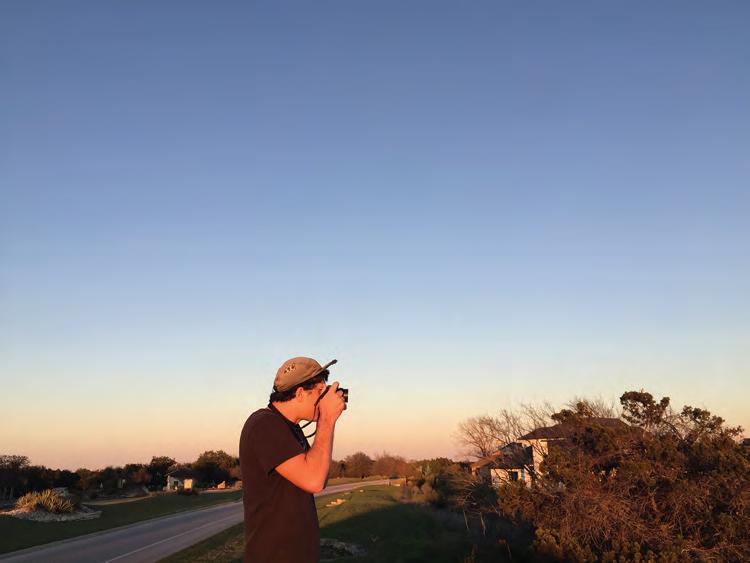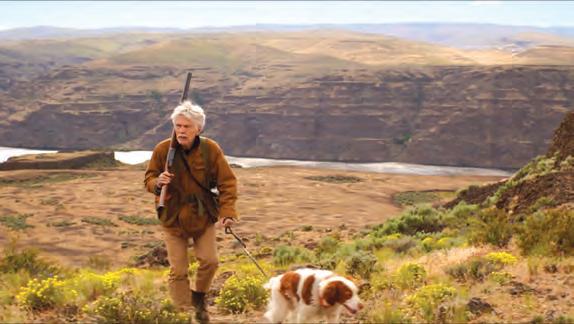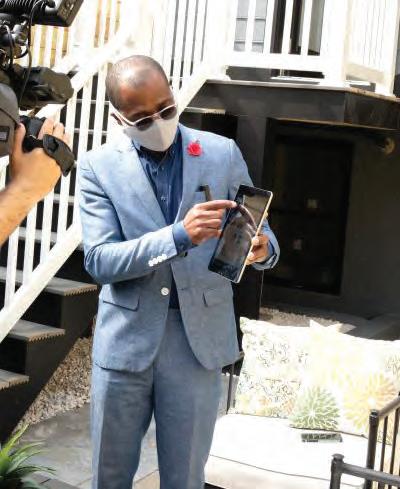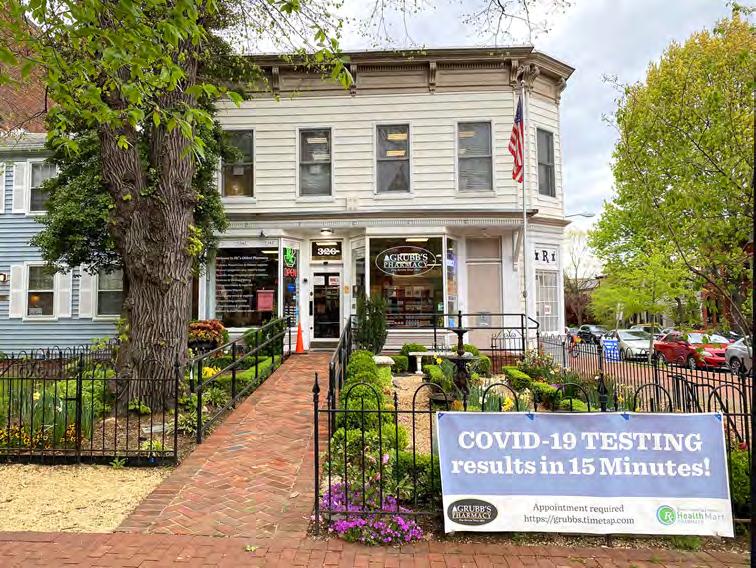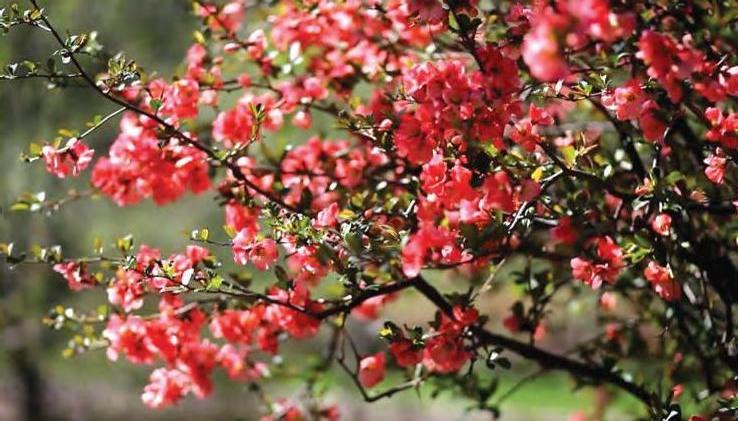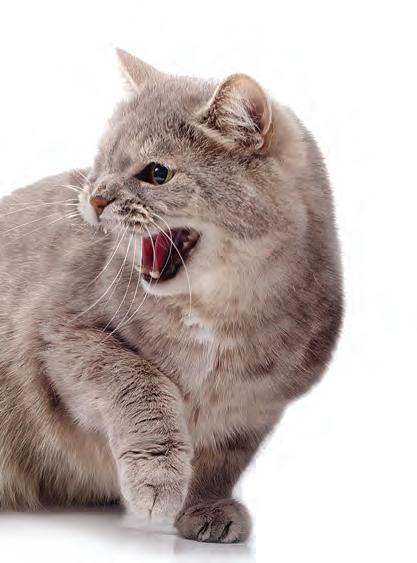
3 minute read
Poetic Hill by Karen Lyon
they were more concerned with their hair, their clothes, and boys.
“We had lived, perhaps obliviously, through a period of incredible change,” Copeland reflects, and as high school ended, “we were about to go into eight different directions.” The young women went off to college and careers, adulthood and parenthood, marriages and divorces. They mostly lost touch with each Cleaning out her mother’s house leads former columnist other until they came back to- Jennifer Howard to a deeper understanding of why we gether in 1994 and gradualaccumulate stuff in “Clutter.” ly re-established their friendship, which continues to this day. In looking back through the eventful decades they lived though, Copeland notes that race was “part of our day-to-day reality, like wallpaper.” Despite the challenges, though, “those eight Negro girls who started elementary school together became eight successful African American women,” she writes. “It’s simple. We are family. We are the Daughters of the Dream.” Tamara Copeland is the former president of the Washington Regional Association of Grantmakers, and also led Voices for America’s Children, the National Health & Education Consortium, and the Infant Mortality Initiative of Southern Governors’ Association and Southern Legislative Conference. https:// daughtersofthedream.org more than 500 cookbooks. And it fell to her daughter to clean it up. But Howard delves well beyond her charge, examining the dangers of hoarding and of “a culture that creates a craving for things we don’t need.” She traces the roots of excess consumerism back to the Victorians and follows it through the age of mailorder catalogues to big-box stores and online retailers. She also addresses the industry that has grown up around decluttering, interviewing professionals who help people pare down their stuff and junk haulers who tote it away. And she notes that accumulating stuff is not merely an individual or family problem, but is having an increasing impact on the environment, “cluttering up the planet in ways that humans have not yet reckoned with.” Drowning in Stuff Yet still we buy, discard, repeat. As Howard writes, cleaning out our parents’ housJennifer Howard was faced with a formidable es has now become a “generational rite of task. So she did what any reasonable person passage for contemporary Americans.” But would do. She tackled it “in bits and pieces,” thanks to her, we at least have some good comspending more than a year dealing not only pany as we fill the trash bags, someone who with mountains of debris, but also with “emohas rooted beneath the surface and is able to tional snares.” Then she wrote a book about it. eloquently express the burdensome mix of re-
In “Clutter: An Untidy History,” Howard sentment, forgiveness, and catharsis that go describes the mess that confronted her when with the job. she walked into the house that her mother had Jennifer Howard is a former contributoccupied for more than 50 years. A hoarder ing editor and columnist for The Washington who “trailed chaos in her wake,” Howard’s Post, a former senior reporter for The Chronmother had accumulated “heaps and stacks icle of Higher Education, and a contributor to and boxes and bags” of stuff—from festering numerous publications, including the Times takeout containers and “glasses with brown Literary Supplement and Slate. www.jennifersludge at the bottom” to designer shoes and howard.com u
THE POETIC HILL
by Karen Lyon
Nancy Arbuthnot is a DC artist and writer who was formerly an English professor at the US Naval Academy and is now an occasional art and poetry workshop leader at CHAW and Calvary Women’s Services. She is looking forward to upcoming artist’s residencies at AnnMarie Gardens and Catoctin Mountain National Park. Her poem below is from her 2020 book, “Postcards from the Border: Poems and Watercolor Meditations,” and also appeared in an exhibit at the Capitol Hill Arts League.
city of my city
of white monuments
overheard on the steps of the Lincoln Memorial
rising above the Potomac’s dark waters
sometimes I just have to come here to take back my country remember our dreams

If you would like to have your poem considered for publication, please send it to klyon@literaryhillbookfest.org. (There is no remuneration.) u


